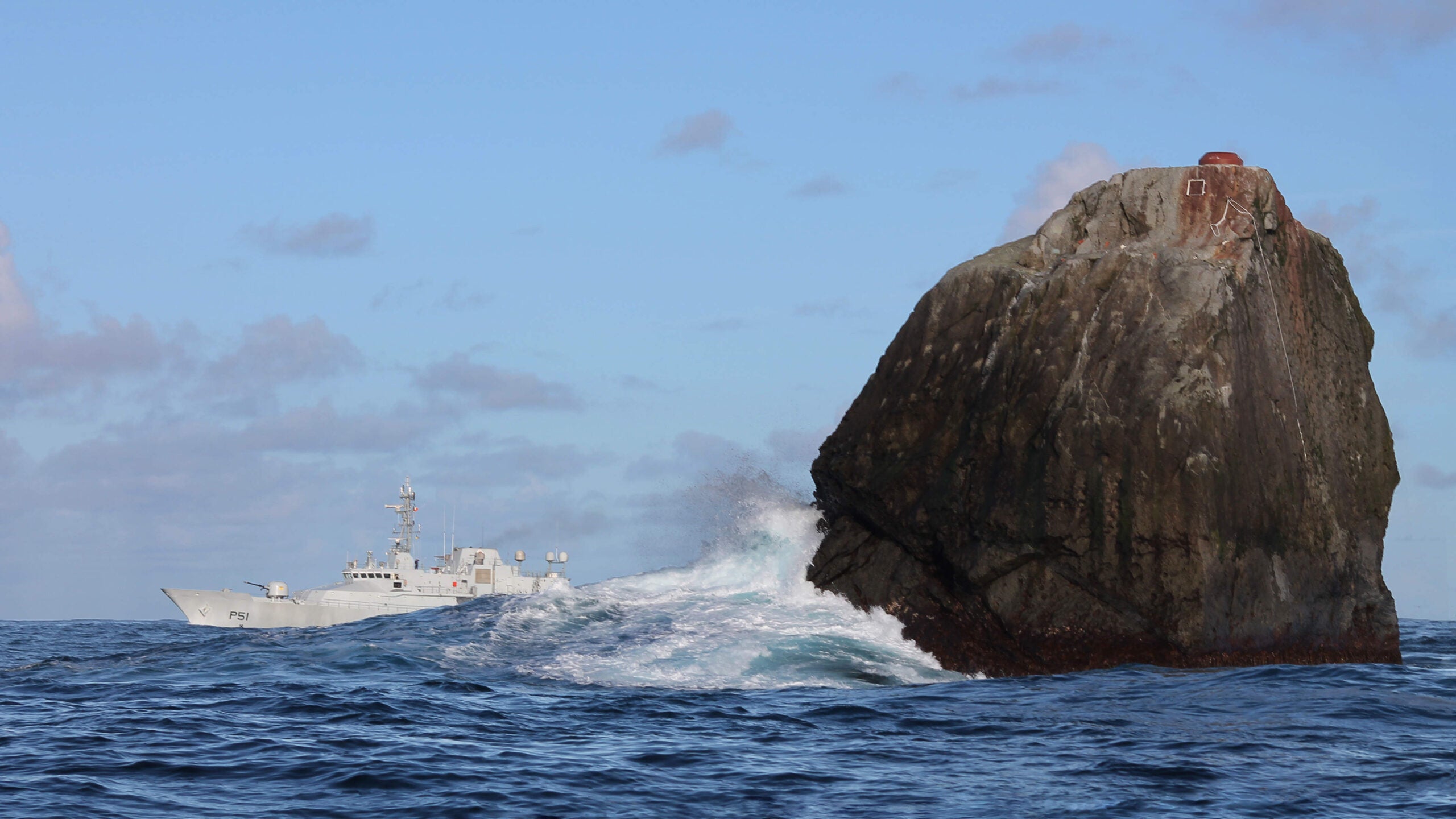
Just when the Gibraltar Brexit controversy is dying down, Rockall — an isolated islet in the north Atlantic — is set to become the next Brexit battle ground.
The UK’s vote to leave the European Union could reignite the age-old controversy between the UK and Ireland, Eamon O’Cuiv, island affairs spokesman for the Irish Republican Party Fianna Fail has warned.
O’Cuiv said:
In the event of a hard Brexit, there is a strong desire by many in the UK fishing industry to ‘pull up the drawbridge’ and push for a ban on non-UK fishing fleets fishing in UK waters so that the currently shared fishing zone will be the UK’s and the UK’s alone.”
It’s feared that talks over fishing rights would involve a complicated agreement with the potential to make or break the Northern Irish fishing industry.
Jane Morrice, a former European Commission representative in Northern Ireland, warned:
How well do you really know your competitors?
Access the most comprehensive Company Profiles on the market, powered by GlobalData. Save hours of research. Gain competitive edge.

Thank you!
Your download email will arrive shortly
Not ready to buy yet? Download a free sample
We are confident about the unique quality of our Company Profiles. However, we want you to make the most beneficial decision for your business, so we offer a free sample that you can download by submitting the below form
By GlobalDataIt could also raise the age-old controversy over ownership of Rockall, which was more or less resolved between the UK and Ireland in 2014.
“The fact that the rocky outcrop in the North Atlantic is claimed by the UK as part of Scotland could make it a small but serious point in future negotiations.”
Ireland has never attempted to seize Rockall but it has made claims for some of the potentially lucrative sea bed around it up to 500 nautical miles from shore and known as Hatton-Rockall.
The claim has been agreed with the UK but rejected by the Faroe Islands, another territory that declared an interest in the marine outpost.
History of the rock
Rockall sits 180 miles due west of the Outer Hebrides island of St Kilda and is pummelled year round by the powerful sea swell and winds generated by the North Atlantic.
It is Scotland’s only truly offshore shallow water ecosystem and rises just 19 metres above sea level, according to Marine Scotland.
On 18 September 1955, a plaque was cemented on Hall’s Ledge, four metres from the summit on the rock’s western face, and the Union Flag was hoisted to stake the UK’s claim.
Since then it has been at the centre of a series of international arguments over which country it actually belongs to.
Ireland, Iceland and Denmark (on behalf of the Faroes) have all staked their claims.
However, the Island of Rockall Act (1972) states:
“As from the date of the passing of this Act, the Island of Rockall (of which possession was formally taken in the name of Her Majesty on 18th September 1955 in pursuance of a Royal Warrant dated 14th September 1955 addressed to the Captain of Her Majesty’s Ship Vidal) shall be incorporated into that part of the United Kingdom known as Scotland and shall form part of the District of Harris in the County of Inverness, and the law of Scotland shall apply accordingly.”







